-
Destinations
-
EuropeWith more than 40 countries and as many different languages, Europe has great cultural diversity. View All Countries
- Albania
- Armenia
- Austria
- Belgium
- Bosnia
- Bulgaria
- Canary Islands
- Corsica
- Croatia
- Cyprus
- Czech Republic
- Estonia
- France
- Finland
- Georgia
- Germany
- Greece
- Greenland
- Hungary
- Iceland
- Italy
- Kosovo
- Lithuania
- Madeira
- Malta
- Montenegro
- Netherlands
- North Macedonia
- Norway
- Poland
- Portugal
- Romania
- Serbia
- Slovakia
- Slovenia
- Spain
- Sweden
- Switzerland
- Turkey
- United Kingdom
-
AsiaThe largest continent on Earth offers bustling cities and remote hidden valleys waiting to be explored. View All Countries
-
AfricaOne of the most diverse continents in the World. From the heights of Toubkal and Kilimanjaro to the sprawling savannas of South Africa. View All Countries
-
Middle EastA tapestry of ancient wonders and modern marvels, filled with cultural convergences with warm hospitality and a spectacular diverse landscape. View All Countries
-
AustralasiaA place of diverse landscapes, vibrant cultures, unique wildlife, and endless adventures for every traveller's delight. View All Countries
-
The AmericasA vast mosaic of cultures, stunning landscapes, diverse cuisines, and boundless opportunities for exploration and discovery. View All Countries
-
Polar RegionsFrozen wonders unfold in the polar regions with pristine landscapes, majestic wildlife, ethereal aurora. A surreal realm awaiting intrepid explorers. View All Countries
-
Europe
- Activities
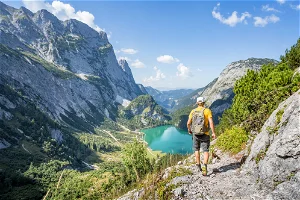 Walking & Trekking
Walking & TrekkingThe world’s best walking routes from leisurely footpaths to challenging trails.
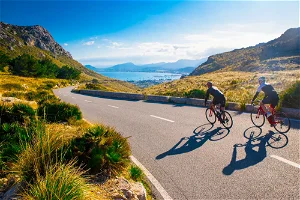 Cycling
CyclingRoad, mountain, adventure, e-bike and leisure cycling holidays.
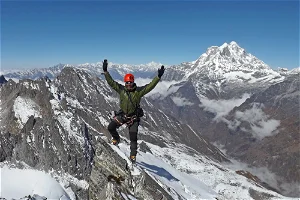 Mountaineering
MountaineeringTaking you high into the world's most spectacular mountain ranges.
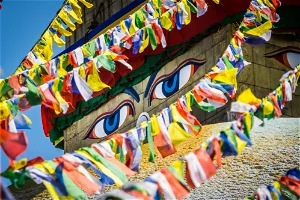 Culture
CultureActive journeys focusing on the cultural highlights of a country.
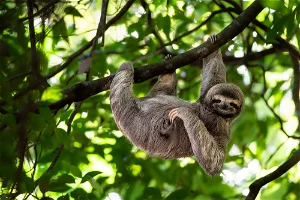 Wildlife
WildlifeWildlife experiences and safaris to see the world's most incredible animals.
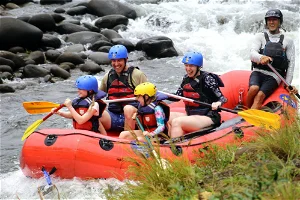 Family
FamilyFun-filled adventures to share with all the family, led by specialist leaders.
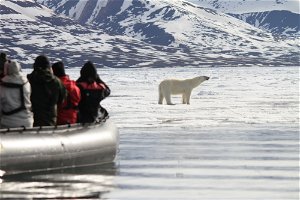 Polar
PolarDiscover the unique wilderness landscapes and wildlife of the Arctic and Antarctica.
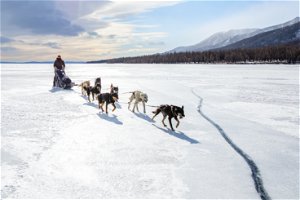 Winter
WinterThrilling snowy escapes away from the downhill crowds.
 Pioneer
PioneerUnique, expedition-style trips; adventures you never knew existed.
 Trail Running
Trail RunningFrom challenging trails, to scenic running adventures
- Ways to travel
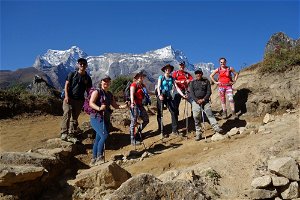 Guided Group
Guided GroupSmall group holidays led by fantastic local KE leaders.
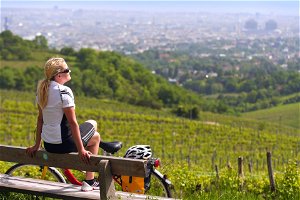 Self-Guided
Self-GuidedTravel at your own pace while we arrange all the logistics.
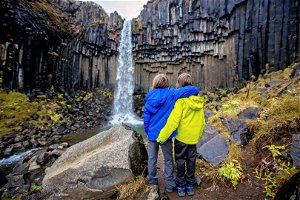 Family
FamilyFun-filled adventures to share with all the family, led by specialist leaders.
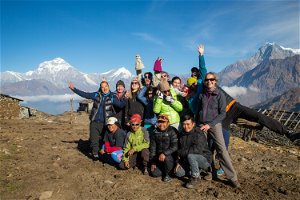 Private Group
Private GroupExperience our guided adventures, exclusively for your friends and family
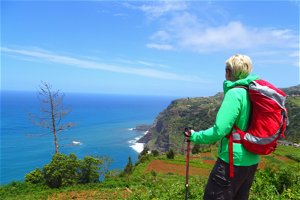 Solo Travel
Solo TravelJoin like-minded travellers on our guided group adventures, or travel Self-Guided.
- Inspiration
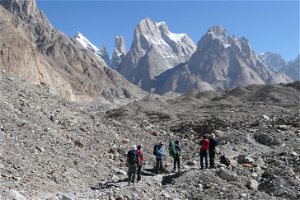 KE Classics Collection
KE Classics CollectionEncapsulating the spirit of KE from the past 40 years of adventure travel.
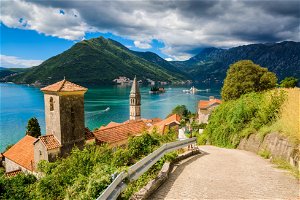 The Mediterranean
The MediterraneanEnjoy the fabulous climate, food and routes all around The Med.
 Alpine Adventures
Alpine AdventuresAn adventurers playground, from quaint alpine villages to towering peaks.
 Base Camp Treks
Base Camp TreksTrek to the base camp of the Worlds most iconic mountains.
 See the Big 5
See the Big 5See Africa's mightiest beasts in their natural environment
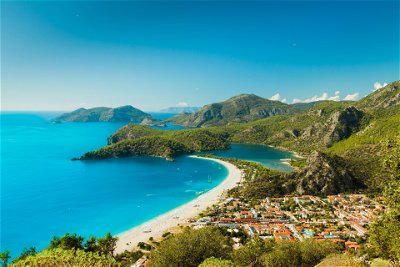 Coastal Walking
Coastal WalkingGaze out to sea and follow rugged trails past golden beaches.
 Gentle Saunters
Gentle SauntersIt's not all about mountain passes. Enjoy the easier hikes of the World.
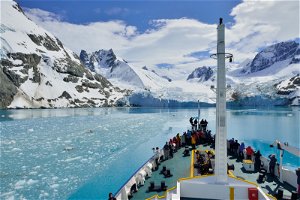 Expedition Cruises
Expedition CruisesOnce-in-a-lifetime adventure across the frozen oceans.
 Summer Adventures
Summer AdventuresEmbrace the Summer Adventure vibes and enjoy the best of the weather.
 E-Bike Holidays
E-Bike HolidaysEnjoy a cycling tour with the pedalling made easier.
